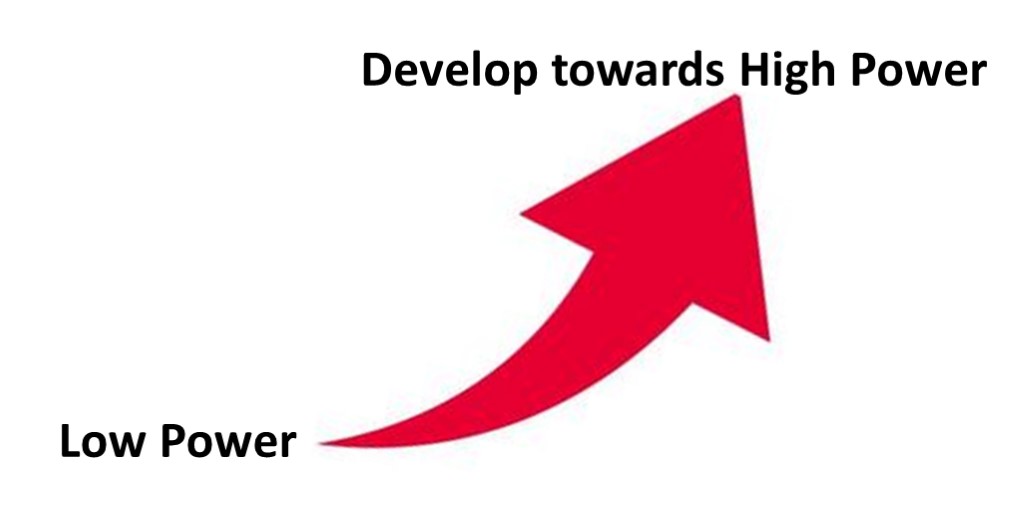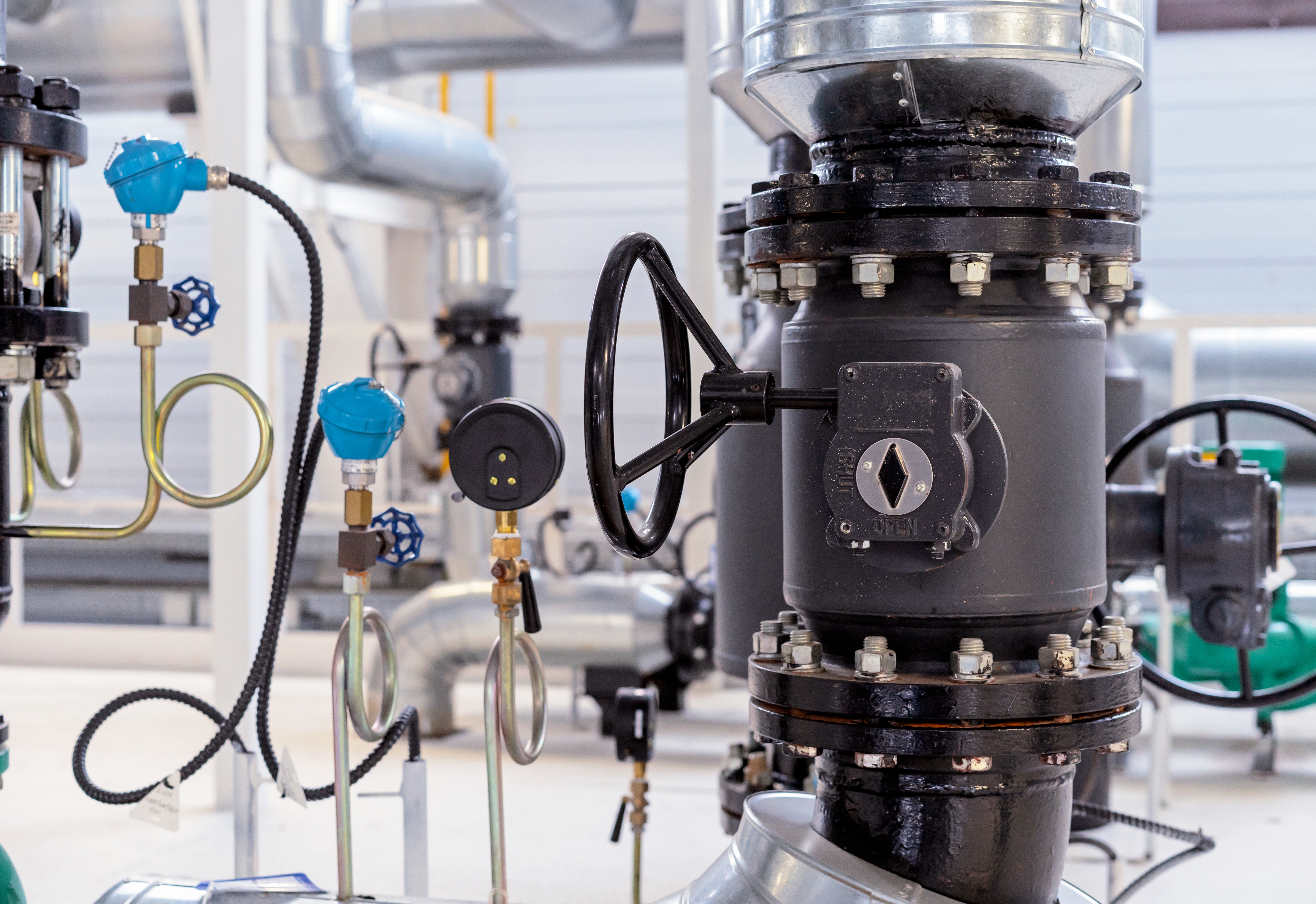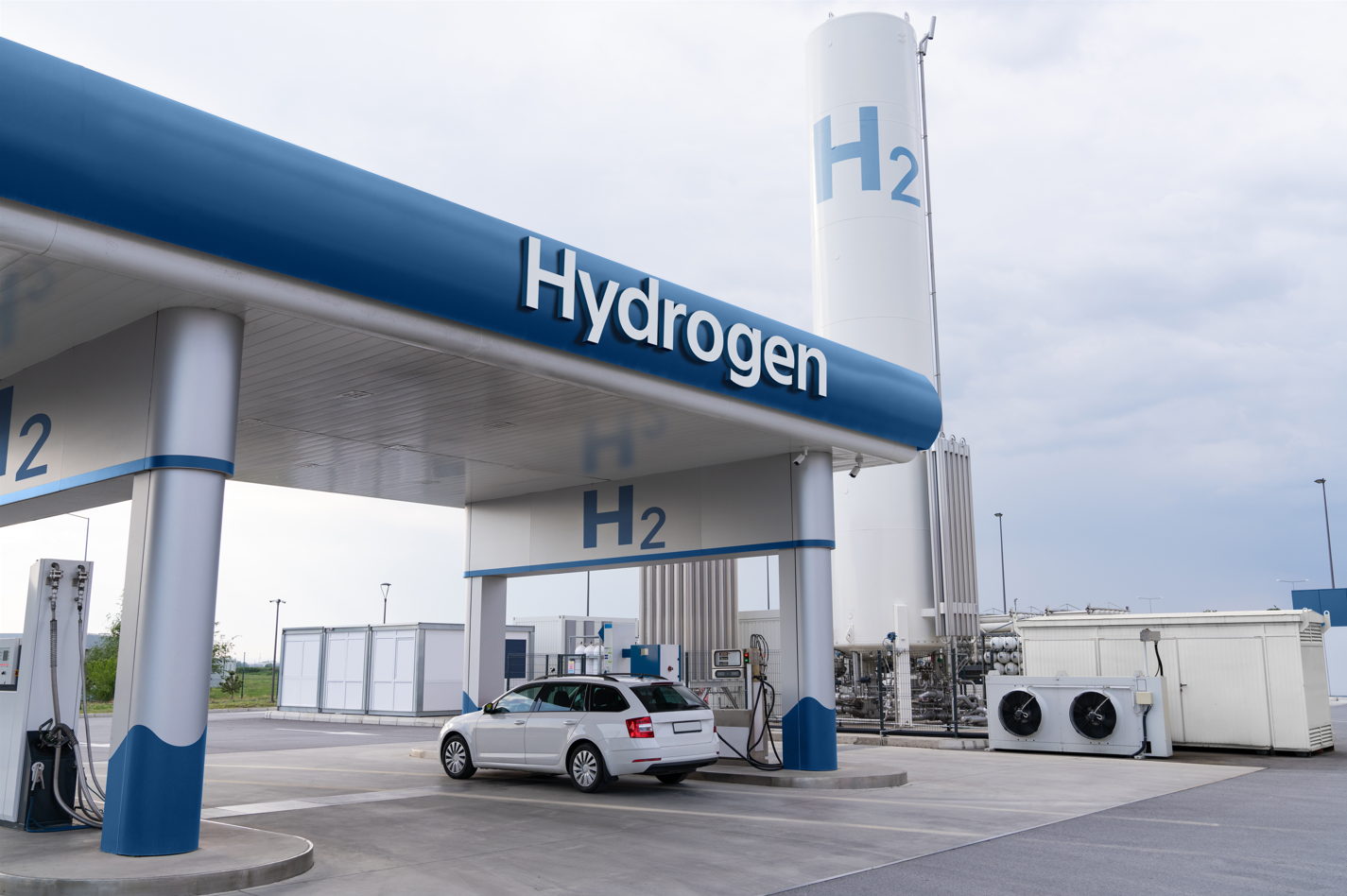Featured Articles
2023-10-11
[2023-10-11 ~
]
Develop towards High Power to Meet more Application Methods

Europe is by far the most active in the hydrogenation of ships. Ballard plays a very important role in this field. The Marine Center of Excellence located in Denmark is committed to providing fuel cells in marine applications, engineering, and manufacturing services. It has participated in multiple hydrogen energy ships such as MF Hydra, Zulu06, and ELEKTRA. construction plan. Its 200KW fuel cell module, called FCwave, is the world's first certified module for marine applications.
Ballard and ABB develop megawatt-class marin
e power solutions together. ABB and Ballard have received DNV Approval-in-Principle (AiP) for their high-power fuel cell concept, enabling the flexible solution of high-power fuel cell stacks that can support multiple 3 MW stacks to meet the energy needs of various ships. AiP is an independent assessment of conceptual feasibility and is considered an important milestone in the development of new technologies without significant barriers preventing concept realization. With the approval of the AiP, the jointly developed solution can be completed in the next few years for various marine applications. Applications envisioned are short-range, vessels with regular schedules and frequent hydrogen refueling opportunities. For example, tankers and ferries operating in coastal areas can run entirely on fuel cell power. As for ocean-going vessels, fuel cell power can provide auxiliary needs.
Europe's hydrogen technology in shipping has not only taken root locally, Switzerland and Germany have also extended it to Japan, which is surrounded by seas. Swiss Aerospace, Almatech, an aerospace and marine engineering company in Switzerland, and e5 Lab, a Japanese ocean-going ship electrification and digitalization start-up company, have cooperated to develop a passenger ship powered by a hydrogen fuel cell system, called ZESST. ZESST is equipped with high-efficiency hydrogen fuel cells and lithium batteries, the hull is made of carbon fiber and other lightweight materials, and the retractable foil is equipped with ultra-compact torpedo-style electric motors with optimized propellers, making the energy consumption per passenger average cruising distance About one-fifth of the traditional diesel engine-powered ship will use the next-generation water mobile service MaaS in Japan, which can carry about 100 passengers. It is scheduled to be displayed at the 2025 Osaka World Expo.
It is rumored that Japanese entrepreneur Yusaku Maezawa entrusted German luxury yacht shipbuilder Lursseny to start building a 114-meter-long giant yacht in 2020, called Project Cosmos, powered by fuel cells, and is scheduled for delivery in 2025. The company has been researching the application of fuel cell technology to motor yachts since 2009, but there are few details about the Project Cosmos superyacht. Its biggest feature is that the powertrain does not use liquid hydrogen stored in large storage tanks, but uses methanol to produce hydrogen, which is used in the power system of hydrogen fuel cells, shaping the industry milestone of hydrogenation of yachts. The reason for using methanol in this project is that methanol is a readily available biodegradable and widely used chemical that is easy to handle and store and can generate a source of hydrogen.
Reference:
Energy Observer, Energy Observer 2, a demonstrator vessel that runs on liquid H2
Economic Times, 2023-03-14, Max Bearak, Inside the global race to turn water into fuel
Energy News, 2023-06-02, Anela Dokso, Hydrogen-Powered Vessels Revolutionize the Marine Industry
ABB, 2022-02-23, Group press release, ABB and Ballard reach milestone toward fuel cell-powered marine transport
Robb Report,2020-06-23, Rachel Cormack, Toyota and Yanmar Team Up for a New Zero-Emission, Hydrogen-Powered Yacht Concept
The Korea Herald, 2022-01-27, Kim Byung-Wook, Hyundai Motor developing marine mobility platform powered by seawater
Autoevolution, 2023-3-16, Ancuta Iosub, Project Cosmos Is a Groundbreaking Emission-Free Megayacht Promising 1,000 Miles of Range
Business Norway, 2023-06-27, Maritime sector on the verge of hydrogen transformation



